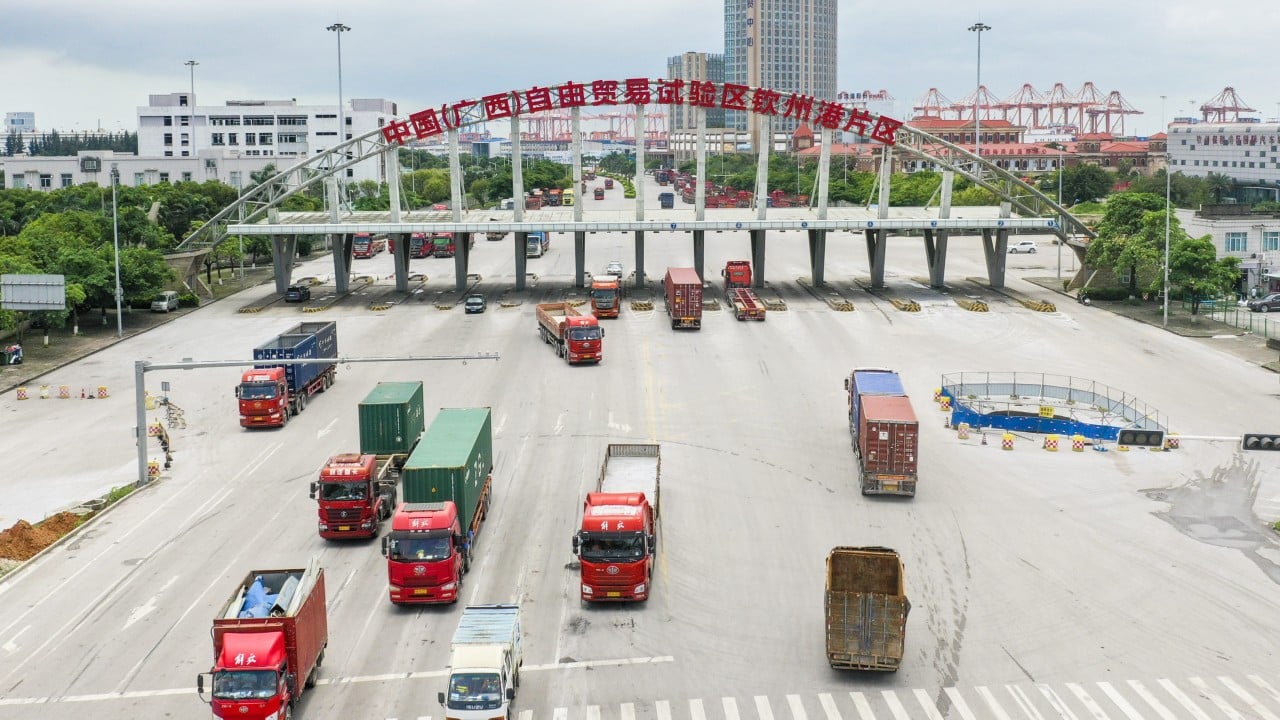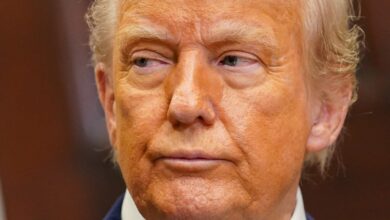Beijing to tap free-trade zones to reassure foreign investors with pro-business pledge


Beijing has vowed to give more prominence to China’s free-trade zones, as well as a roll-out of pro-business measures, including trade facilitation to smoothen capital and data flow for foreign businesses.
The pledge was made at a meeting of a Communist Party reform task force headed by President Xi Jinping on Thursday.
“We will promote investment liberalisation and facilitation in free-trade zones, with a more complete policy system focusing on free and convenient trade, investment, capital flow, transport, personnel exchanges and safe and orderly cross-boundary flow of data,” said a readout from the state-backed Xinhua News Agency following the meeting of the Central Commission for Comprehensively Deepening Reform.
The charm offensive to retain and reel in foreign investment is being implemented via key events, with multinationals from 37 countries signing 163 deals worth US$53.3 billion during a three-day investment summit organised by the commerce ministry in Qingdao in eastern China’s Shandong province this week.
Beijing is doling out assurances and supportive measures to keep foreign companies onshore amid efforts to stave off Western economic and technological decoupling and to stabilise China’s trade and economic recovery.
Direct foreign investment inflows, though, continue to dwindle, having slumped by 29.1 per cent year on year in the first half of the year in yuan terms, according to the Ministry of Commerce.
Geopolitical tensions, China’s uneven economic recovery and an emphasis on national security have added more headwinds affecting a wide cross-section of foreign companies, on top of long-standing gripes over intellectual property issues and market access.
But foreign investors may pin their hopes on the 22 free-trade zones scattered across China in both coastal cities like Shanghai and Qingdao and key inland regions, with Beijing having assigned the zones more trial and exploration roles.
For trials to have tangible results, Beijing will need to delegate more powers and seek input from foreign businesses to resolve issues one by one
“Mentions of specific reform items like investment facilitation, capital and data flow and personnel exchanges to be carried out in free-trade zones at a meeting attended by Xi send a positive signal: Beijing says it knows the complaints,” said a Peking University professor, who spoke on the condition of anonymity due to the sensitivity of the issue.
“While expanding free-trade zone trials is welcome, we always hear foreign firms say they want implementation details and a trackable timeline.
“For trials to have tangible results, Beijing will need to delegate more powers to localities and seek input from foreign businesses to resolve issues one by one.”
Earlier this month, the commerce ministry hosted a round table with European and American multinationals to hear recommendations and coordinate help to ensure their key projects in China could be completed on time.
Shanghai, home to China’s first free-trade zone, is also tackling some key concerns common among foreign investors, including data transfer.
A 2023 survey by American Chamber of Commerce in Shanghai showed 70 per cent of the 325 respondents labelled data transfer restrictions, and other cybersecurity requirements, as a hindrance to business and the top regulatory challenge in China.
Source link



